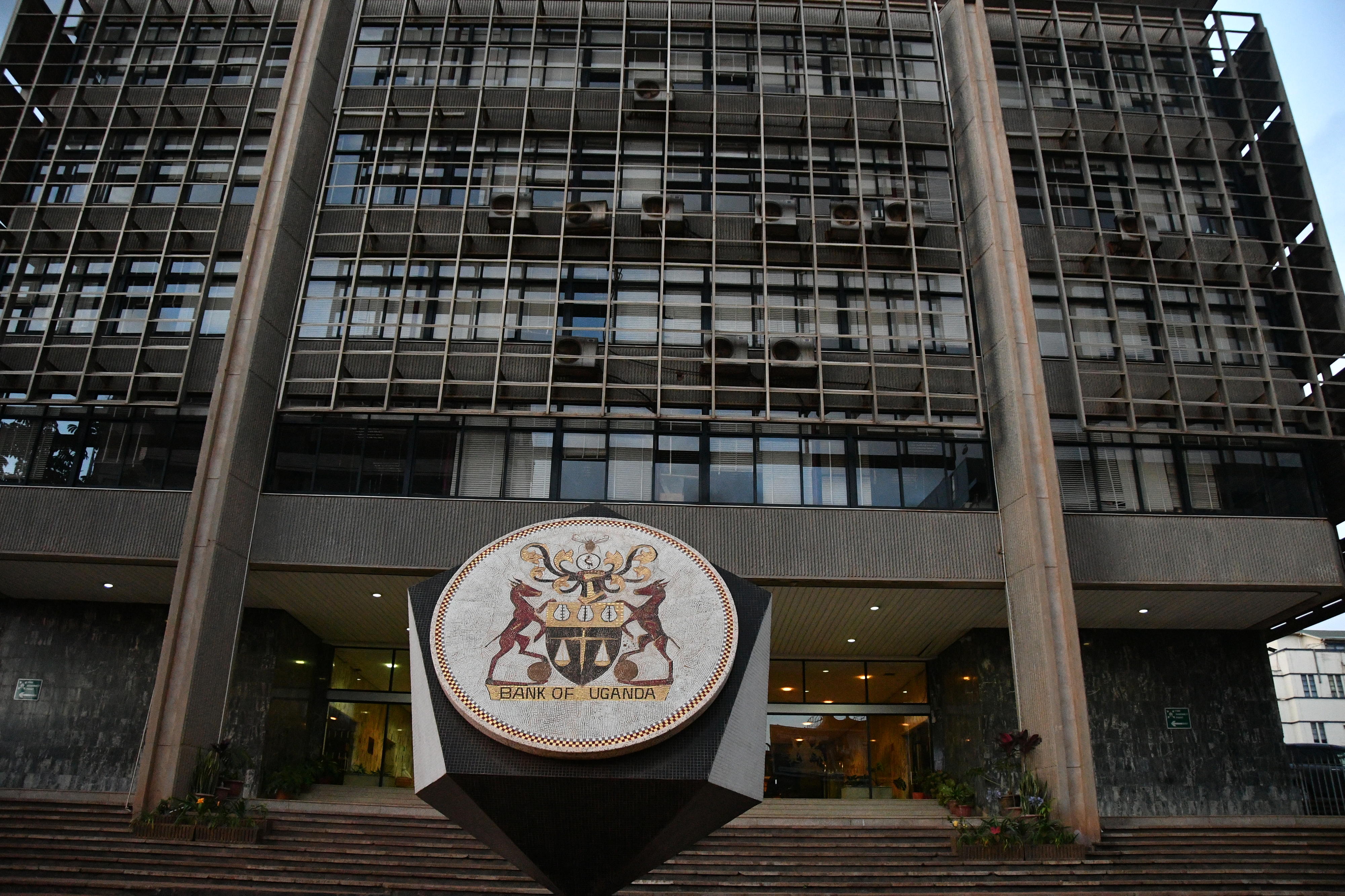Prime
BoU licenses first Islamic Banking financial institution

Ready. Bank of Uganda said recently that it was ready to license Islamic Banking financial institutions. PHOTO / FILE
What you need to know:
- In 2020, Islamic leadership across the divide accused Bank of Uganda of frustrating Islamic Banking five years after the law allowing operationalisation of the Shari’a-backed banking system had been passed.
- The Central Bank’s failure to establish the Central Shari’a Advisory Council, leaders said, was a deliberate move to frustrate the final lap of establishing Islamic Banking, dismissing claims that there were no experts to form the council.
- “It has taken almost five years since the law was passed. Bank of Uganda should not have any excuse in finding the two Shari’a, scholars as specified by the law,” the leaders said then.
Bank of Uganda has licensed the first Islamic Banking financial institution, ending a wait of more than 20 years.
The move means that Ugandans will now operate a hybrid banking system through which customers will be able to access both conventional and Islamic Banking products.
Salaam Bank, which already operates in Kenya, Somalia, Djibouti, has 12 months within which it is expected to start operating.
It will be regulated by Bank of Uganda as a tier one financial institution, which brings the number of commercial banks in Uganda to 26.
Speaking at the license handover in Kampala at the weekend, Bank of Uganda deputy governor Michael Atingi-Ego, however, warned there were risks associated with any new venture, noting that: “I am confident that Salaam Bank has the expertise and resources to manage these risks”.
Islamic Banking is governed by principles of Sharia law and forbids payment or receipt of interest, decrees that profits and losses are shared and restricts financial institutions from using derivatives because they are riddled with excessive uncertainty.
Dr Atingi-Ego said because Islamic Banking prohibits charging of interest, “this makes it a more sustainable form of banking and it is well-suited to the needs of many Ugandans.”
Ugandans continue to suffer with high interests, which average at about 26 percent. Dr Ating-Ego said implementing Islamic Banking was a significant milestone that will promote financial inclusion.
As the pioneer, Salaam Bank is expected to provide a benchmark on which other financial institutions will build Islamic Banking products.
Some banks had previously shown interest in offering Islamic Banking products but had been inhibited by absence of supporting structures like the Central Shari’ah Advisory Council.
Finance Ministry Permanent Secretary Ramathan Ggoobi, said Islamic Banking will provide Ugandans with a broader range of financial services, noting that the 2016 amendment to the Financial Institutions had, among others, provide Islamic Banking but the absence of a Central Shari’ah Advisory Council … constrained the commencement”.
However, he said, the passing of relevant tax bills including Income Tax, Value-added Tax, Stamp Duty and Excise Duty between 2022 and 2023, and repealing of the requirement of the Central Shari’ah Advisory Council, had enabled implementation of Islamic Banking. Mr Ggoobi also noted that Islamic Banking should not be viewed as a faith drive to Islamise Ugandans, noting that “this addition to our current financial services menu will play a role in [transforming] Uganda [through] providing funding solutions to the businesses that have been reluctant to use conventional banking due to the charging of interest”.




